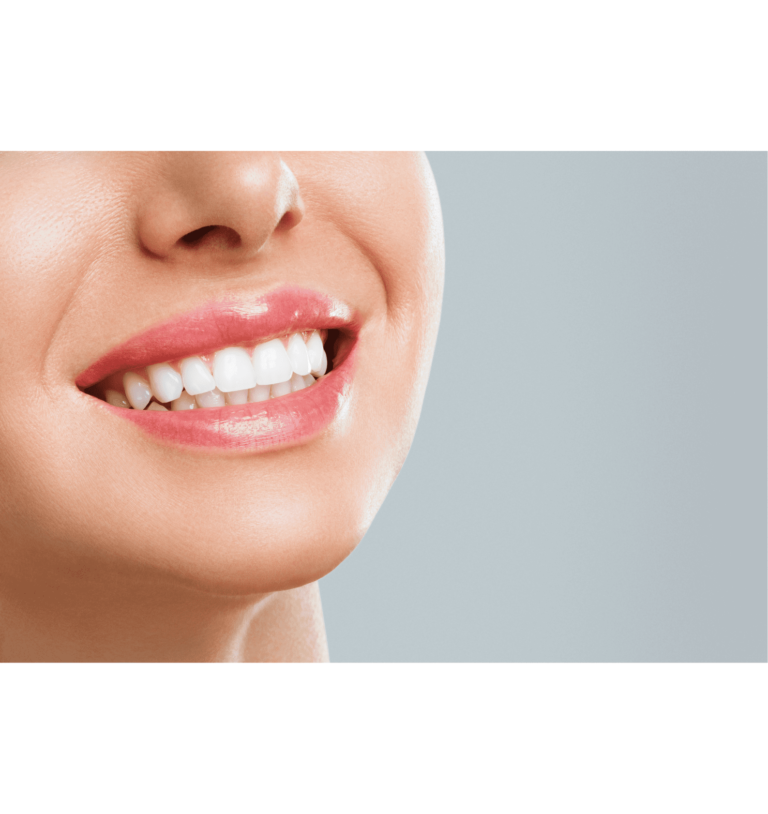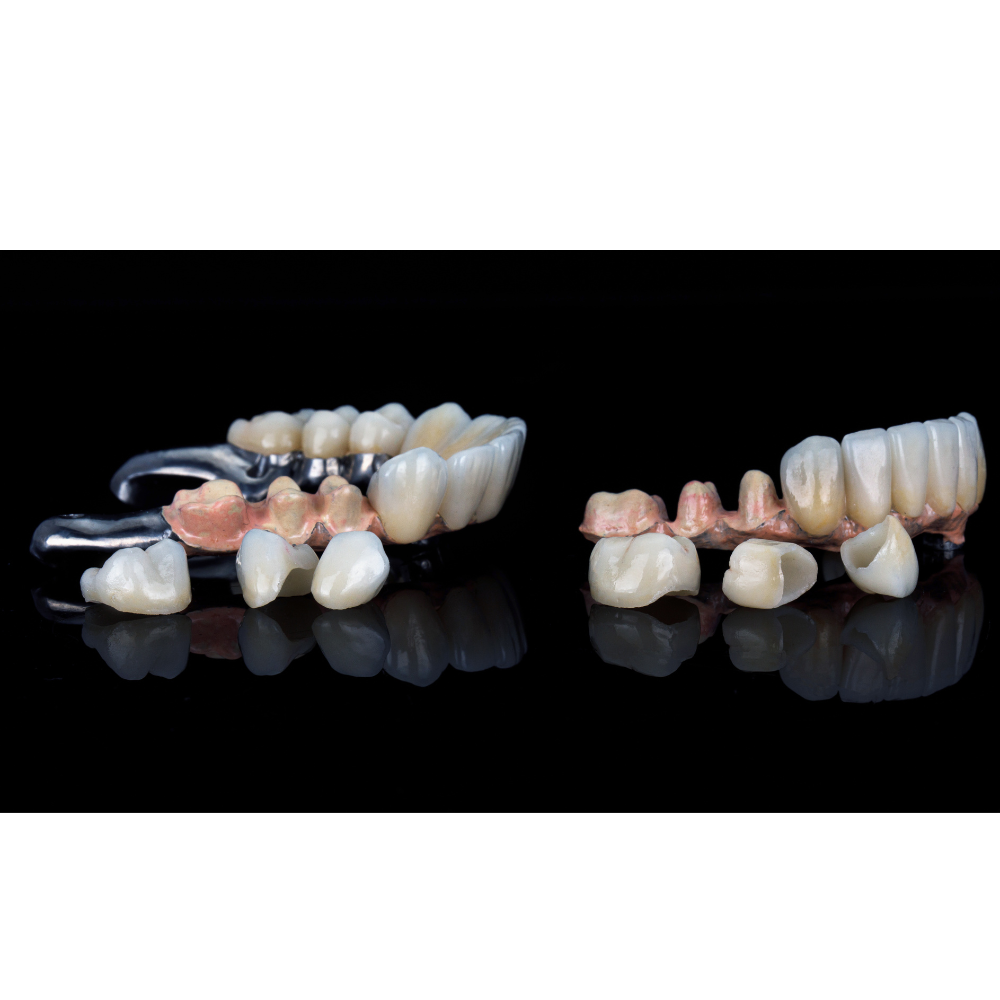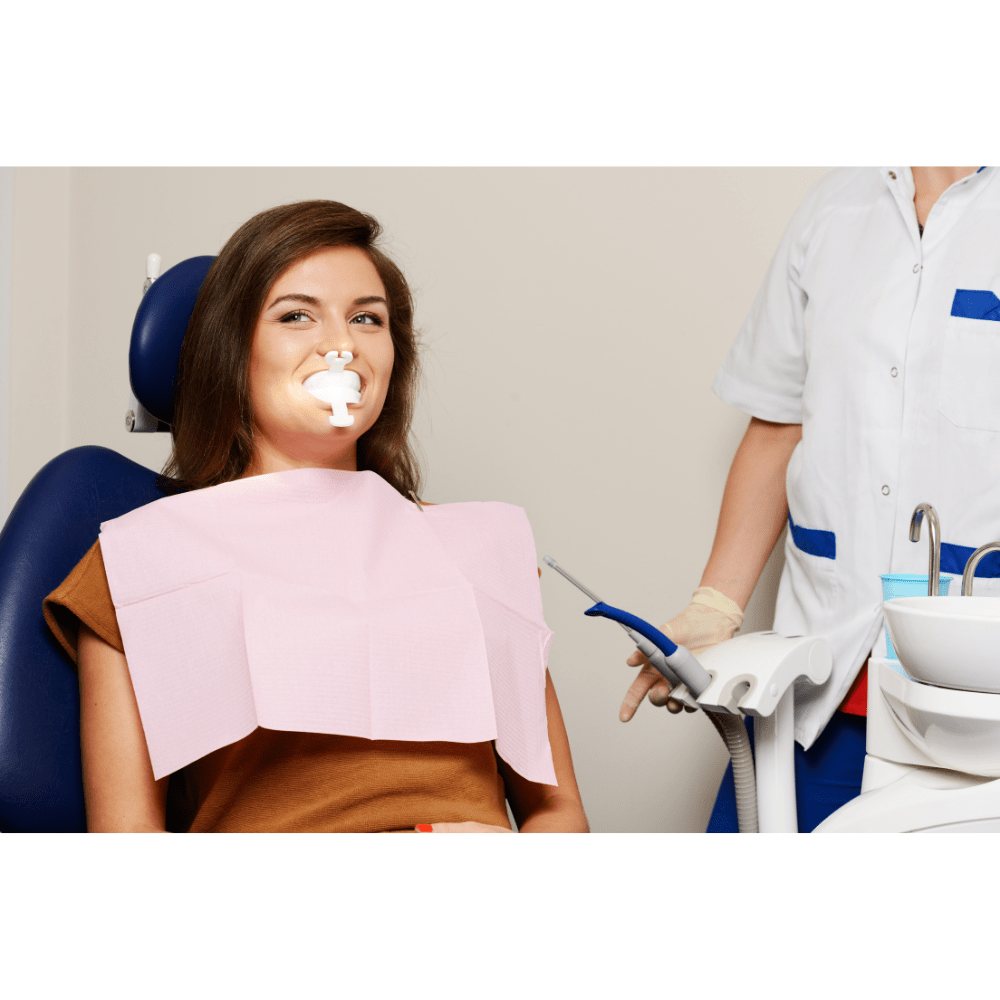How Long Do Teeth Last? | Expected Life, Care, and All
Our teeth are important for performing a multitude of functions that we often take for granted, from biting and chewing to speaking and smiling. However, the longevity of teeth is a topic of considerable interest. In this article, we will talk about the expected lifespan of teeth, shedding light on the key factors that influence dental health and longevity and the importance of proper dental care in preserving their health and function. To begin, let’s first talk about how you can keep your teeth healthy.
How to Keep Teeth Healthy?
You can implement the following practices to keep teeth healthy:
Brush and Floss Daily:
Brushing regularly with fluoride toothpaste fights plaque and keeps your smile healthy. Floss between your teeth daily to remove food particles and plaque from areas that your toothbrush can’t reach, reducing the risk of cavities and gum disease.
Tongue-Cleaning:
You should also brush your tongue as you brush your teeth to prevent plaque buildup. You can brush your tongue in several different ways. To scrape your tongue, you can use a tongue scraper, a spoon, or even the back of your toothbrush which will help you keep teeth healthy and strong.
Eat a Balanced Diet:
Consume a balanced diet rich in fruits, vegetables, lean proteins, and whole grains, while limiting sugary and acidic foods and beverages that can contribute to tooth decay.
Consider Dental Sealants:
Ask your dentist about dental sealants, which can be applied to the chewing surfaces of molars to protect against cavities and it will help for the health and longevity of your teeth.

How Long Do Teeth Last?
Teeth can last a lifetime with proper care and maintenance. However, individual teeth may be affected by factors such as tooth decay, gum disease, trauma, or other dental issues that can impact their longevity. A healthy lifestyle, regular dental checkups, and good oral hygiene habits can no doubt help to extend the life of a tooth.
At What Age Do Adults Start Losing Teeth?
American adults start losing teeth around the age of 40 to 50, due to natural causes such as aging, gum disease, or tooth decay. However, tooth loss can occur earlier or later. It depends on individual factors such as genetics, oral hygiene habits, and overall health.
According to data from the National Institute of Dental and Craniofacial Research, by the time when they reach 40 to 44 years old, 69% of adults start losing at least one tooth.
Do You Lose All of Your Teeth?
Yes, you can lose all of your teeth if your age is 74 or above. By the age of 74, statistics show that approximately 26% of individuals lose all of their teeth. Aging does not cause tooth loss if proper dental care is maintained.
Reason to Lose All of Your Teeth
The following factors can contribute to the loss of all teeth:
Untreated Gum Disease:
Periodontal disease is a leading cause of tooth loss in adults. When left untreated, gum disease can progress to advanced stages which causes irreversible damage to the gums and supporting bone structures which can gradually lead to all teeth loss.
Severe Tooth Decay:
Advanced tooth decay, also known as dental caries, can result in extensive damage to tooth structure. Without timely intervention, decay can compromise the integrity of the teeth. Severe tooth decay can be a major cause to lose all of your teeth gradually.
Systemic Health Conditions:
Certain systemic diseases or medical conditions, such as osteoporosis, diabetes, and autoimmune disorders, can impact oral health and increase the risk of tooth loss. These conditions may affect the health of the gums and jawbone which leads to all tooth loss over time.
Poor Oral Hygiene Habits:
Poor oral hygiene practices can contribute to the development of gum disease, tooth decay, and eventual tooth loss. You can lose all of your teeth with time if you don’t maintain regular oral care.
Genetic Factors:
Genetic predispositions can also influence an individual’s susceptibility to certain oral health conditions, such as gum disease or tooth decay, which can ultimately lead to tooth loss.
Tips to Save Teeth For a Lifetime
- Visit your dentist every six months for a checkup and cleaning to maintain oral health and receive personalized advice.
- Floss once a day to remove plaque and food particles from between your teeth.
- Wear a mouthguard during sports and physical activities to save teeth from injury.
- Monitor changes in your oral health and seek prompt dental care if you notice any abnormalities or symptoms.

FAQs
How Fast Do Teeth Go Bad?
Teeth can begin to deteriorate relatively quickly if proper oral care is not maintained. Plaque can form on teeth shortly after eating or drinking which leads to the production of acids that attack tooth enamel and cause decay.
Do People With Healthy Teeth Live Longer?
Yes, according to a study individuals aged 70 or older who retained 20 or more teeth were found to have a significantly greater likelihood of living longer compared to those with fewer than 20 teeth.
Can Teeth Become Strong Again?
Yes, teeth can become strong again, but it depends on the reasons for teeth loss. If your teeth are in an unhealthy condition, by using mouthwash you can restore the enamel by remineralizing it. This helps the teeth to be strong and healthy again. If you have advanced osteoporosis or a severe mouth injury, your teeth won’t tighten on their own.
Is it Normal to Have 26 Teeth?
Yes, it is normal to have 26 teeth. But an adult mouth should have 32 teeth including wisdom teeth. However, the average American between 20 and 64 only has around 25 teeth.
Does Losing Teeth Shorten Your Life?
No, there is no evidence indicating that losing teeth directly shortens one’s lifespan. However, research suggests that individuals who experience tooth loss may be at higher risk for certain health conditions, such as cardiovascular disease and diabetes.
Do Teeth Shrink?
No, teeth don’t naturally shrink. In rare cases where rubbing your front teeth together excessively over many years might cause them to wear down. This wear, though, is typically considered excessive wear rather than actual shrinking.



